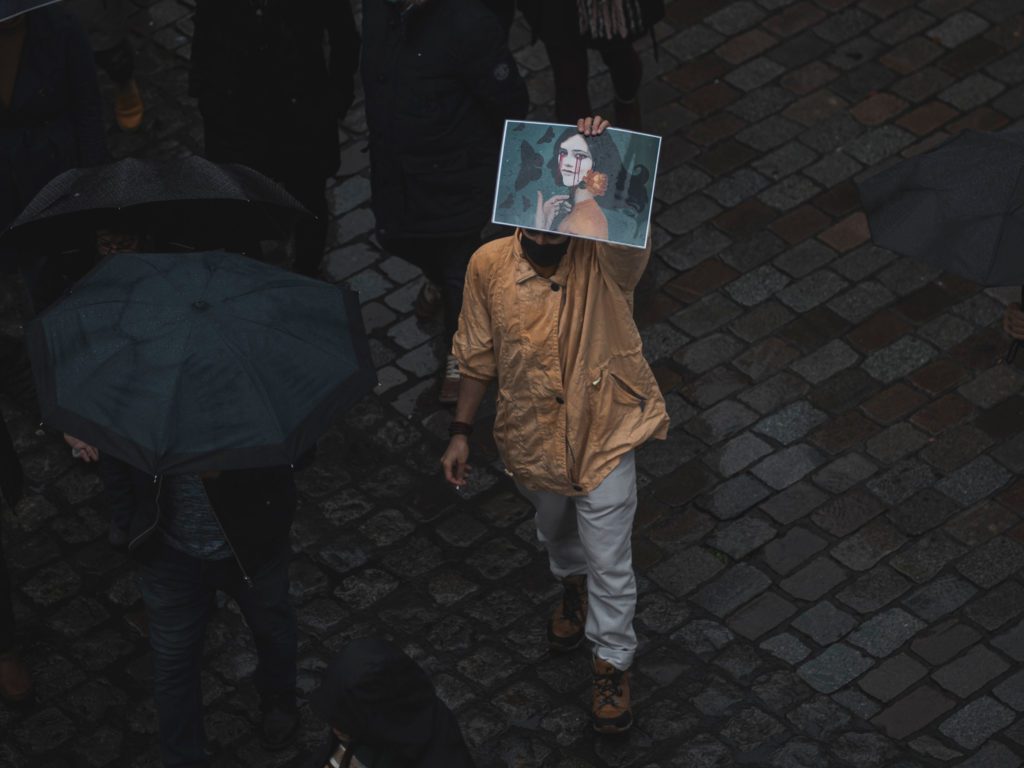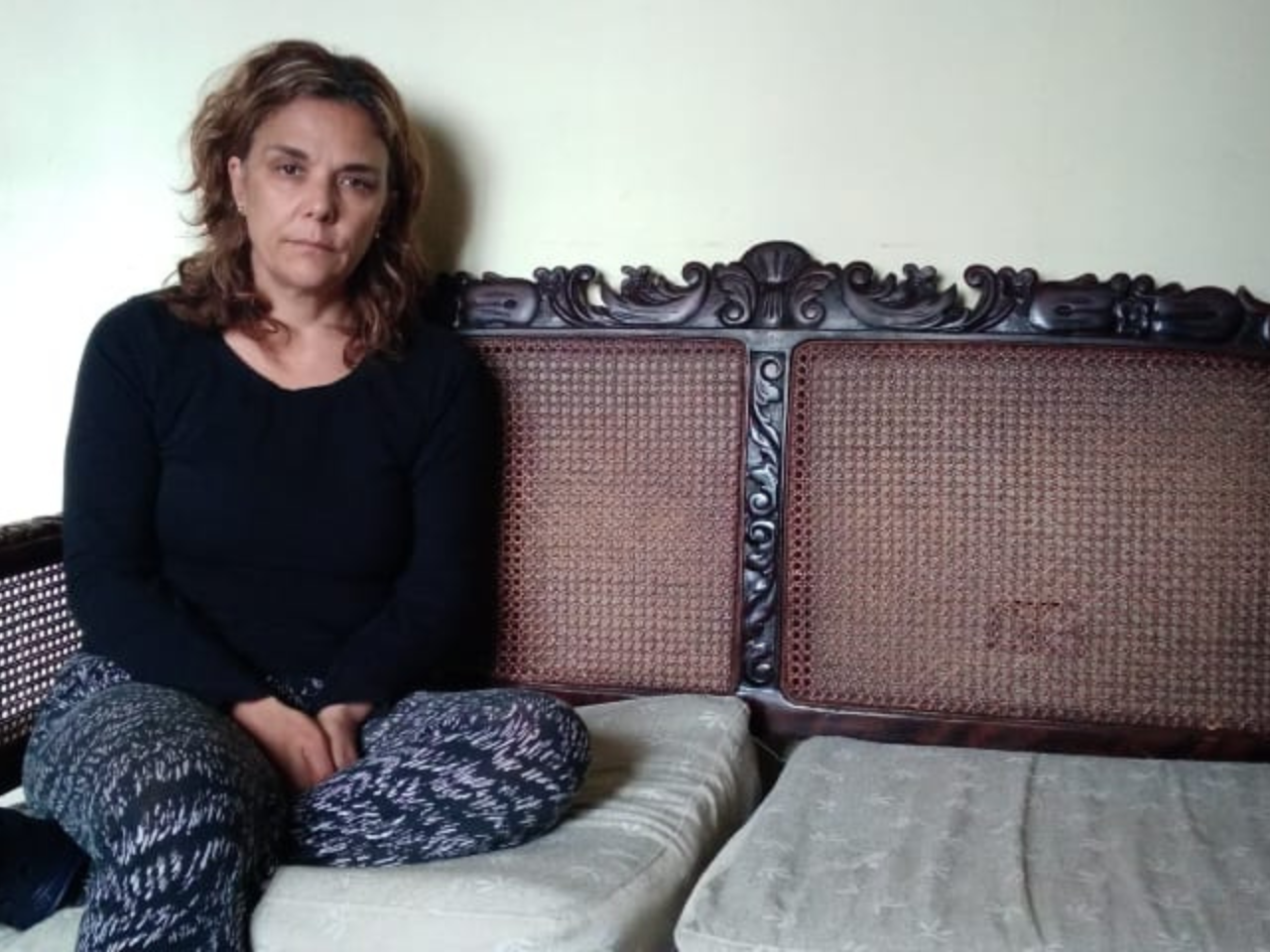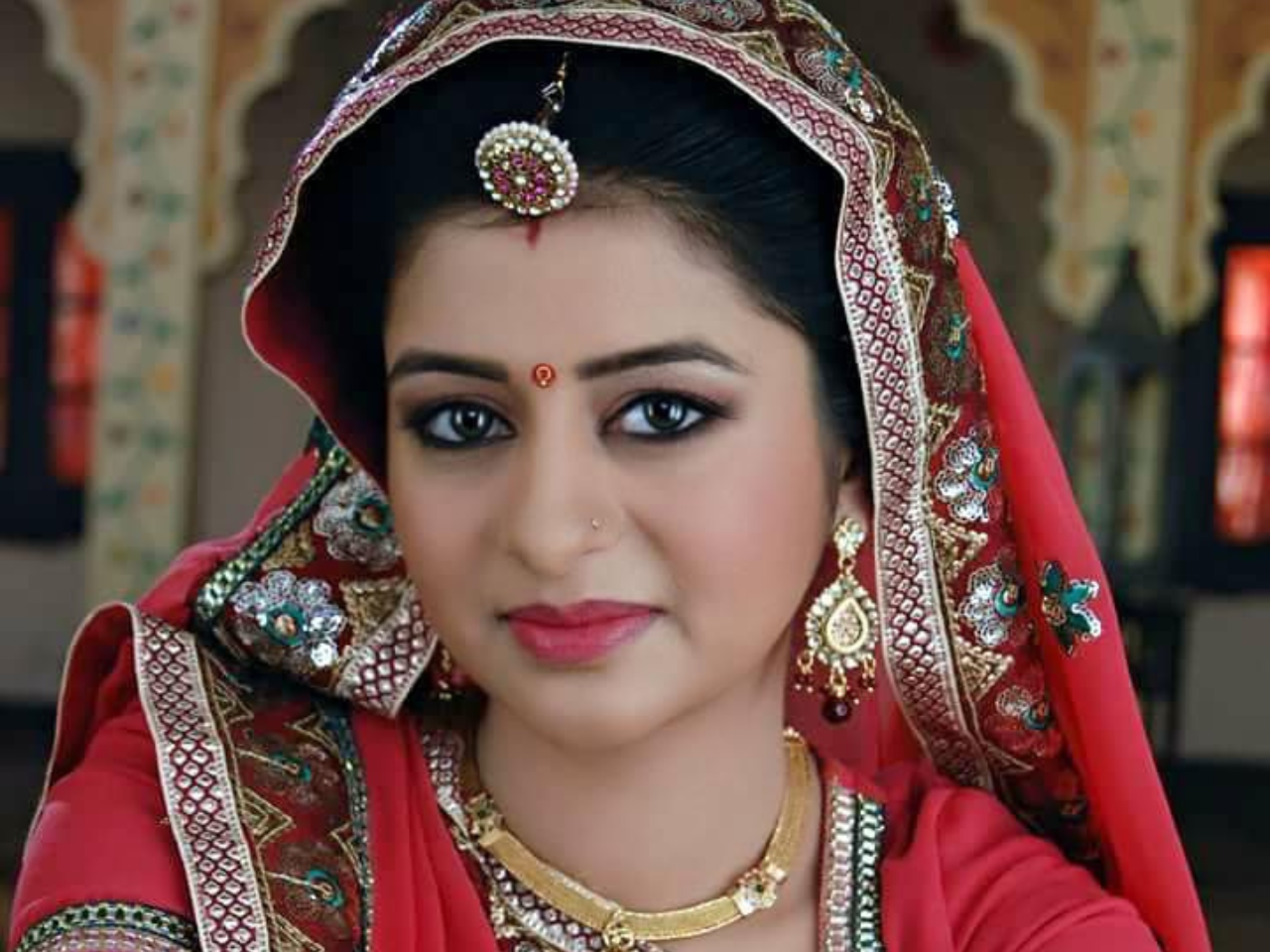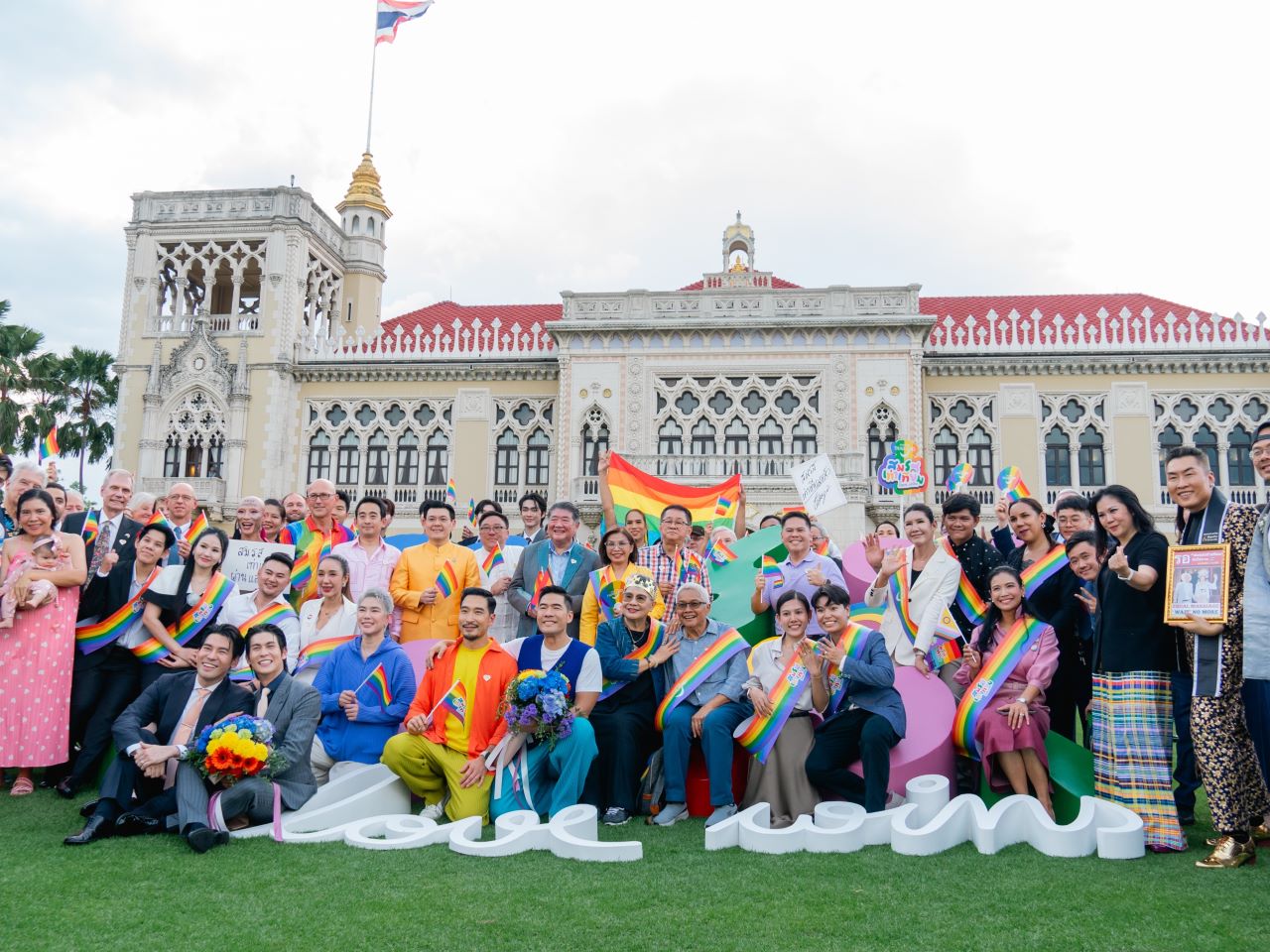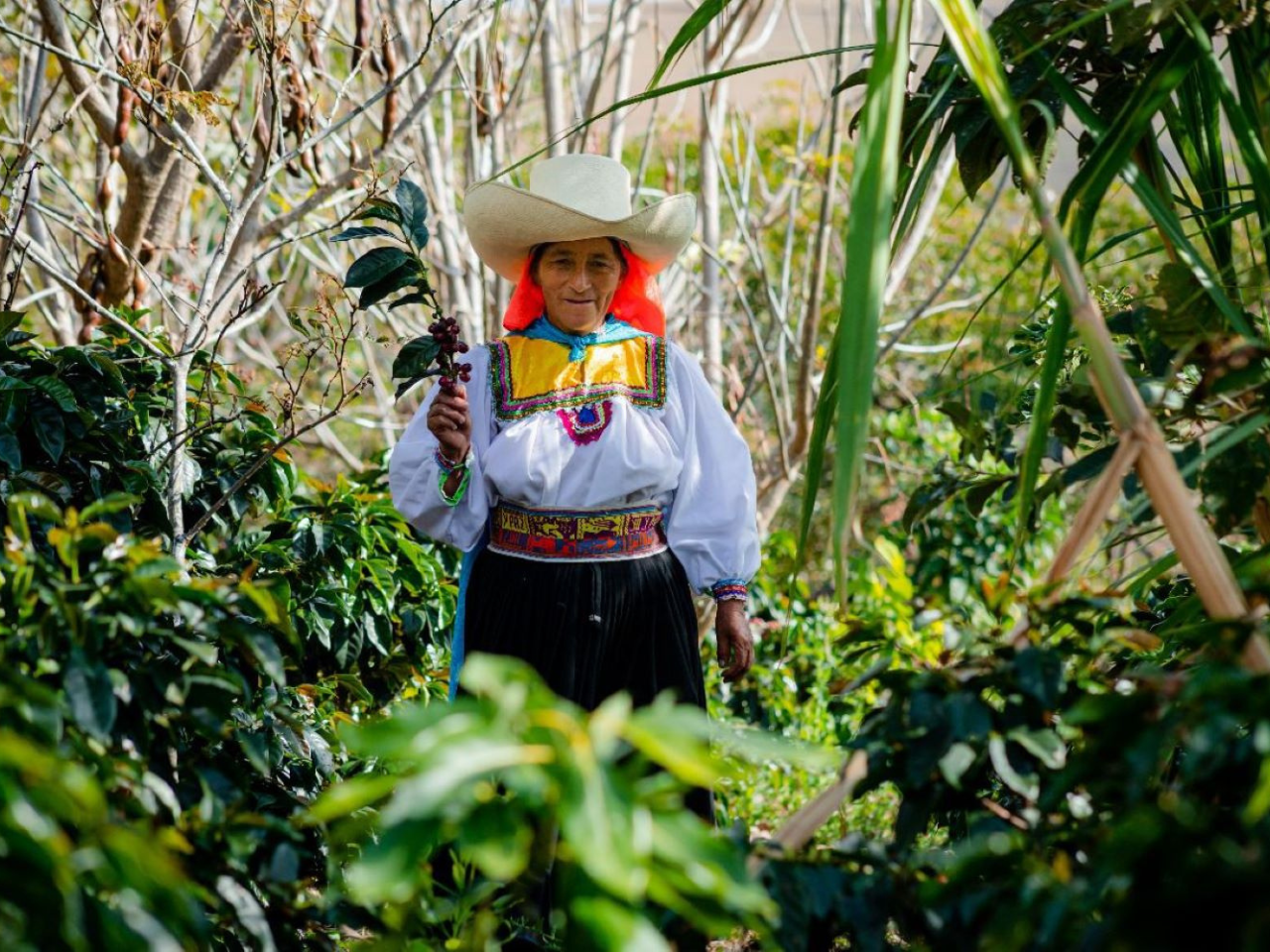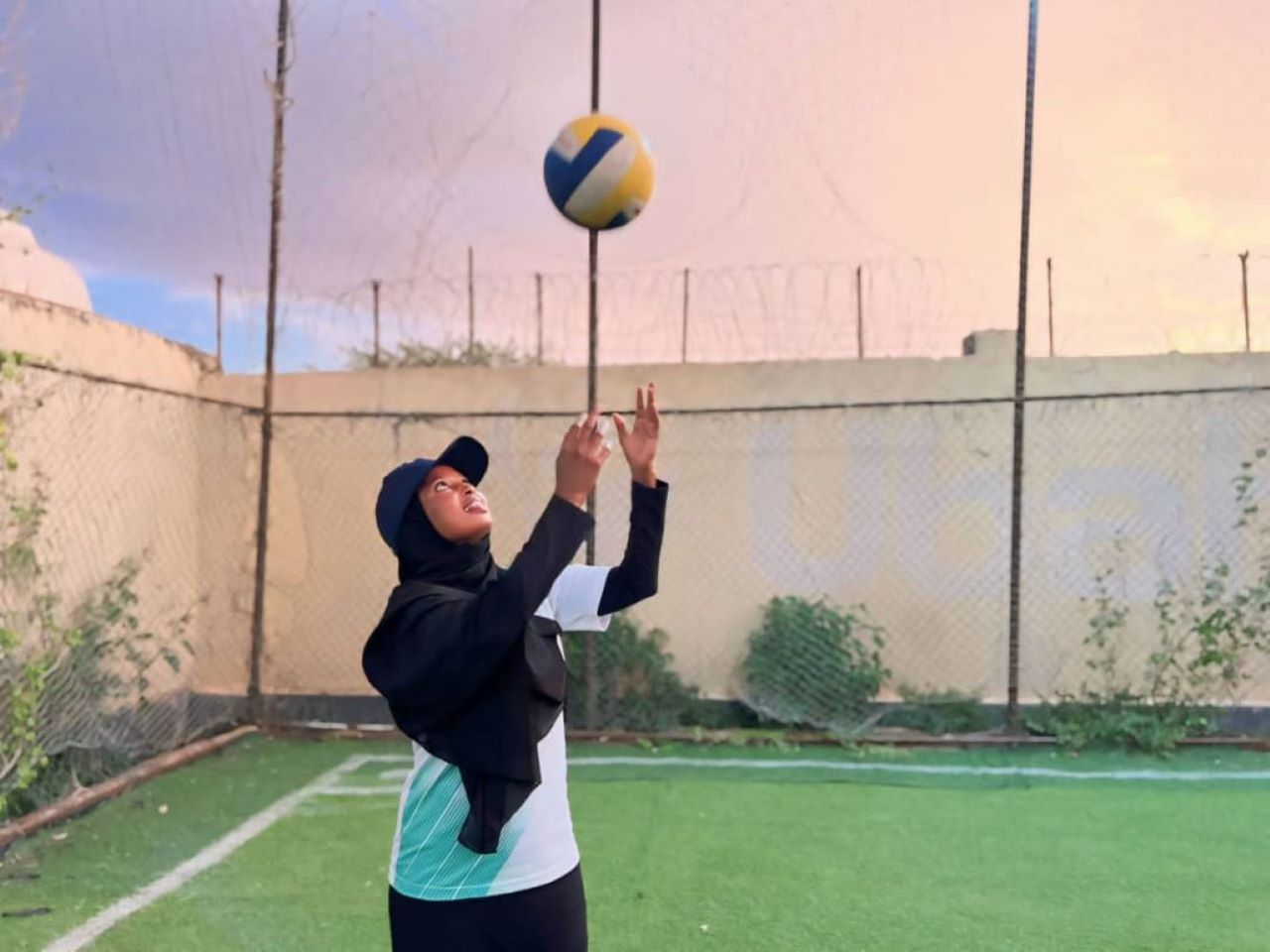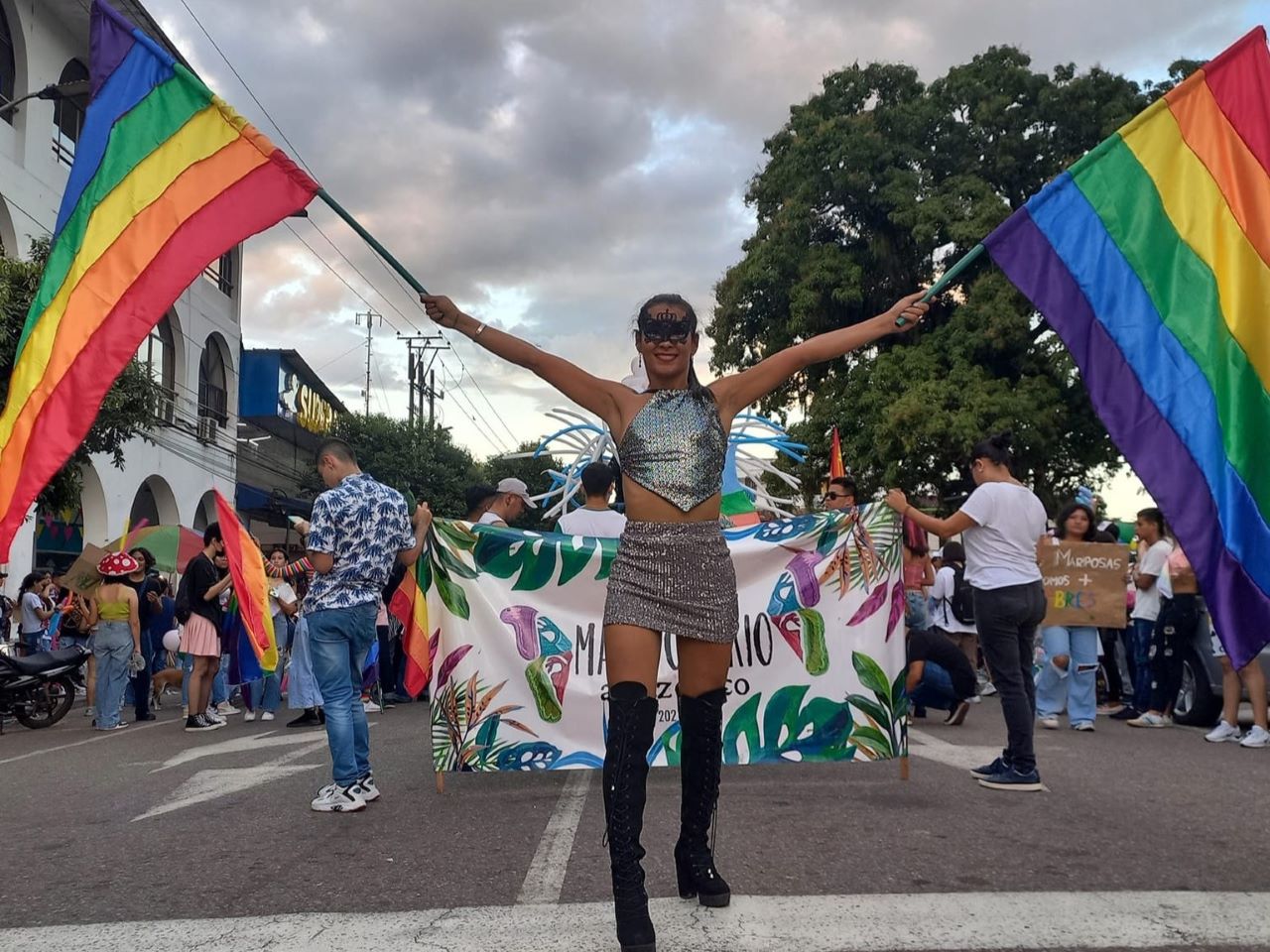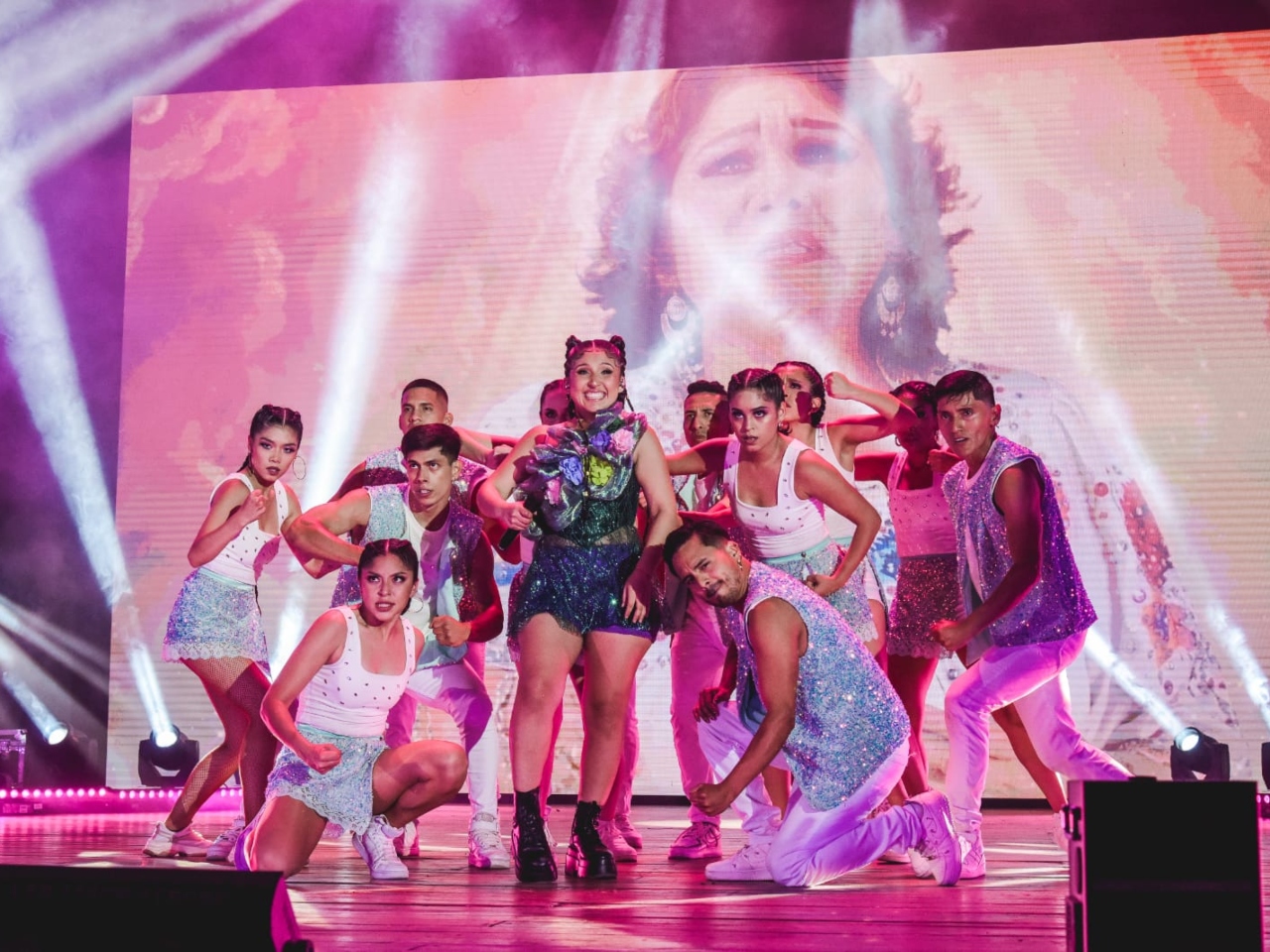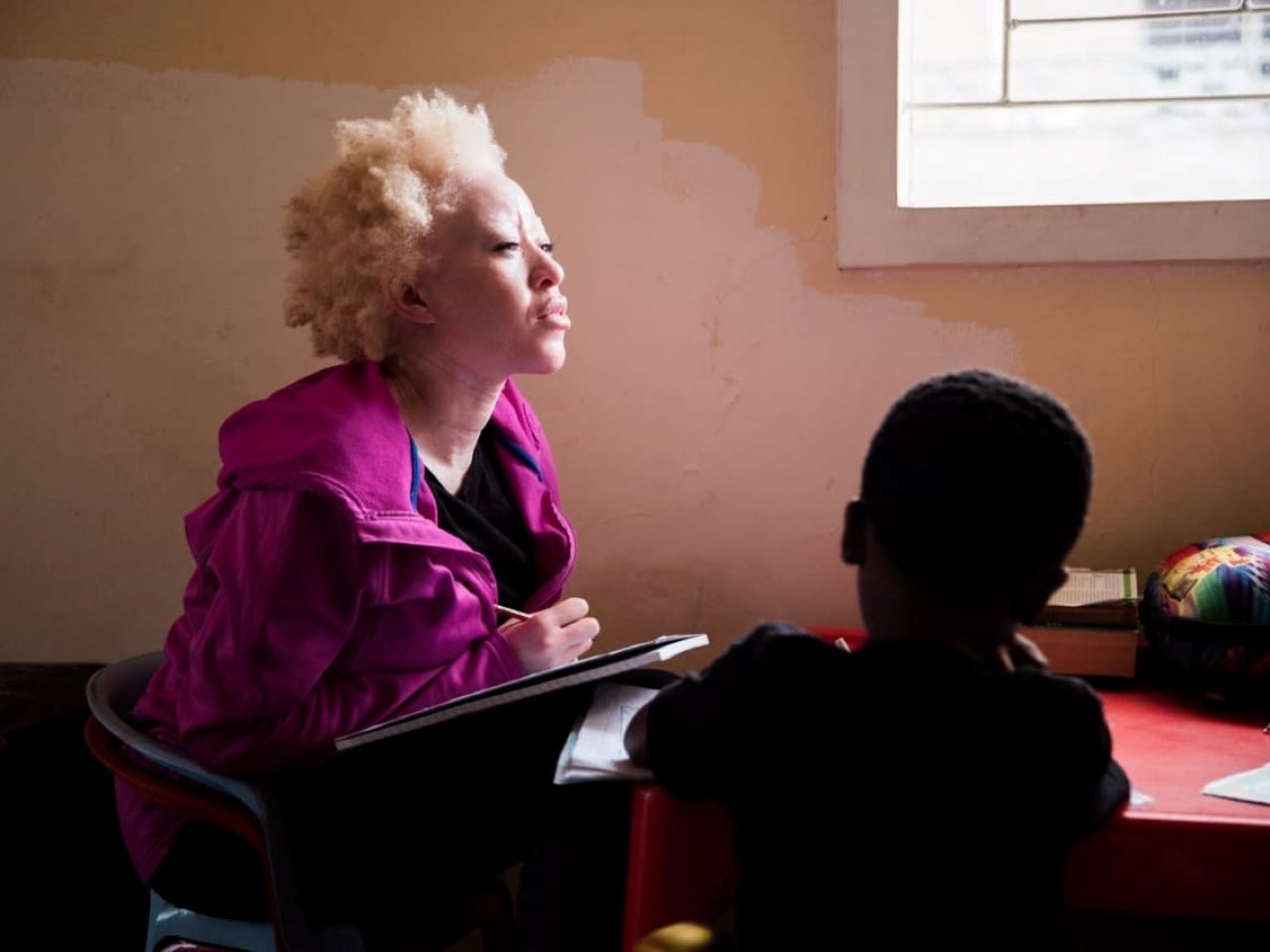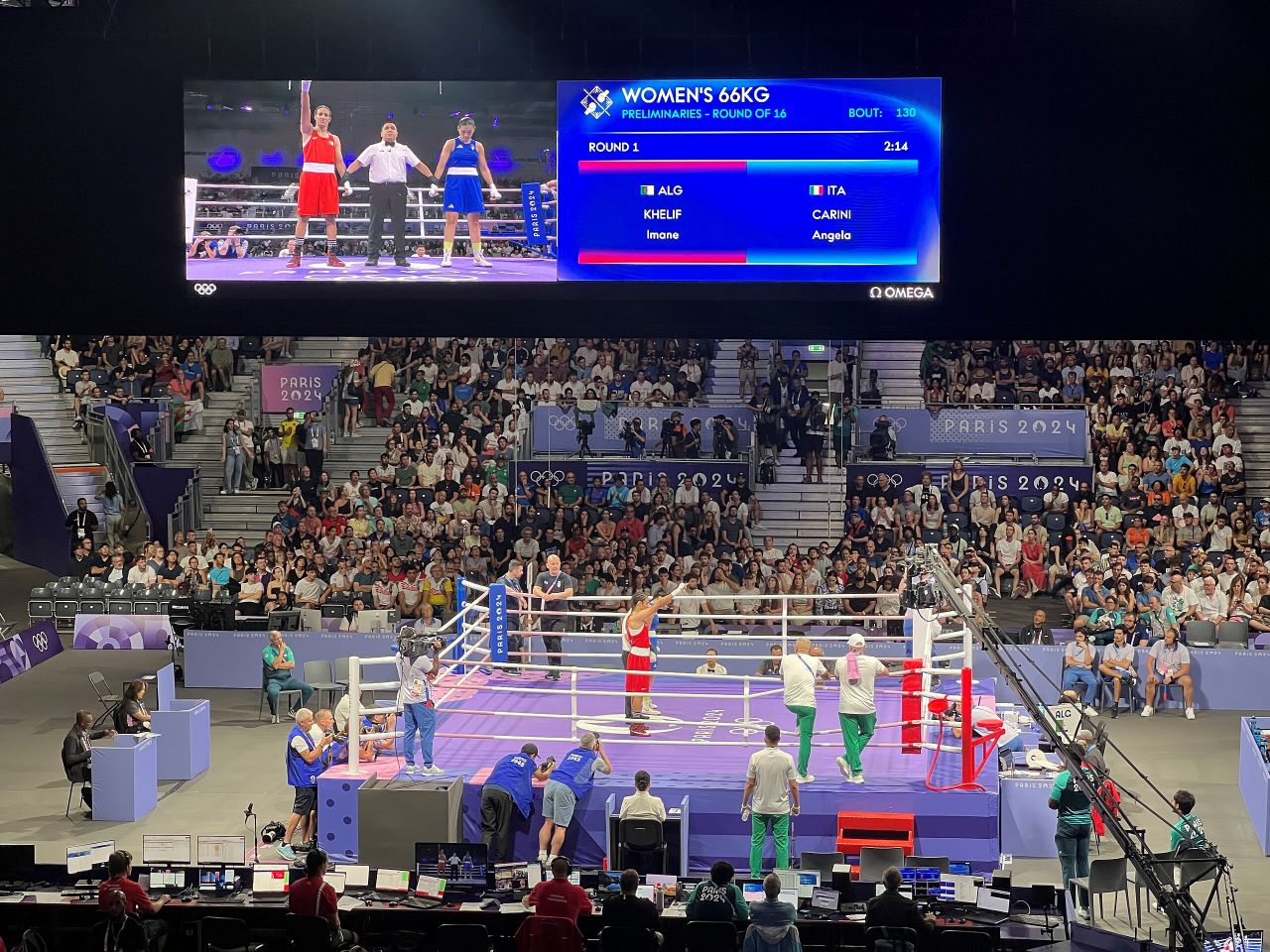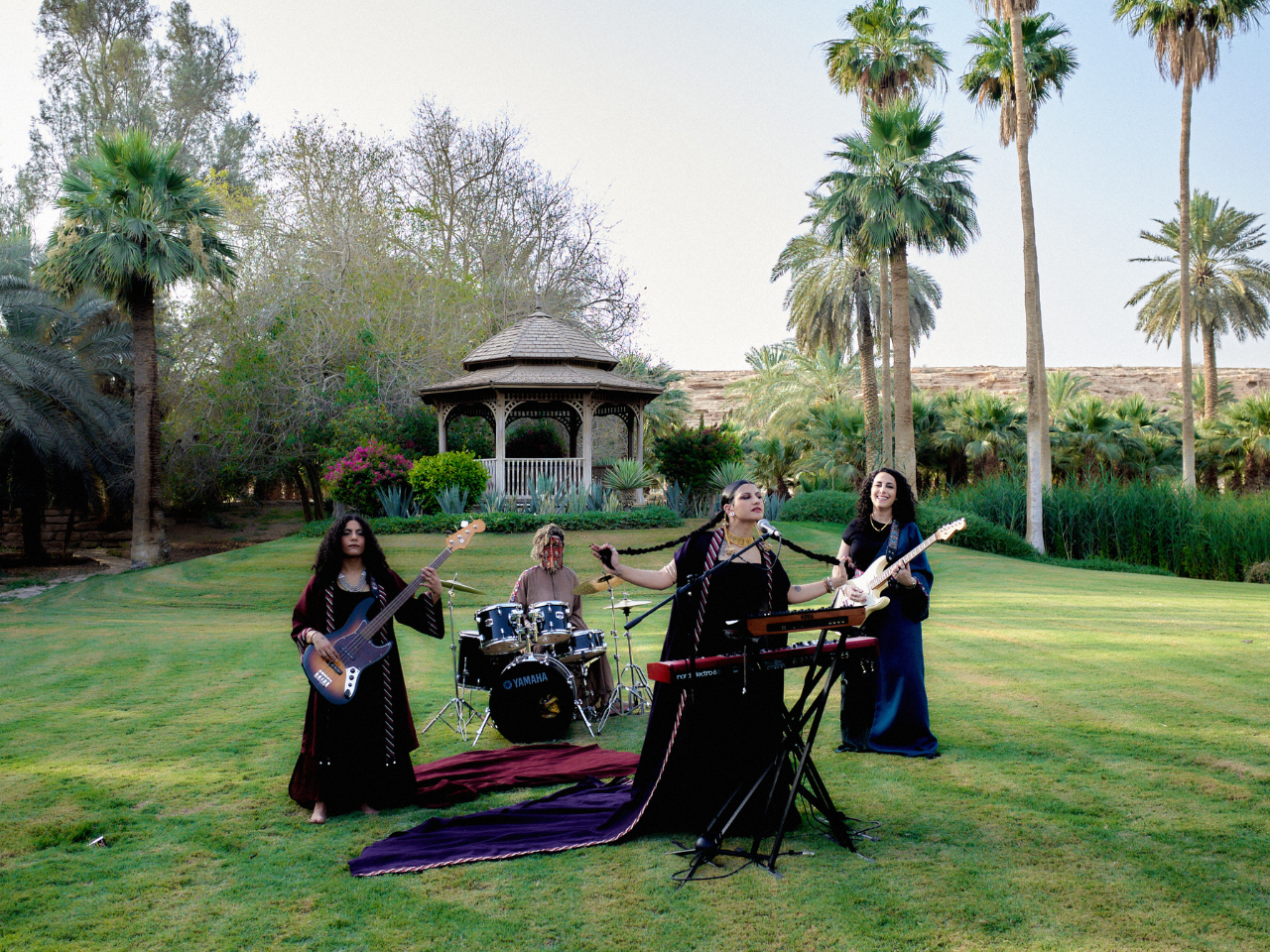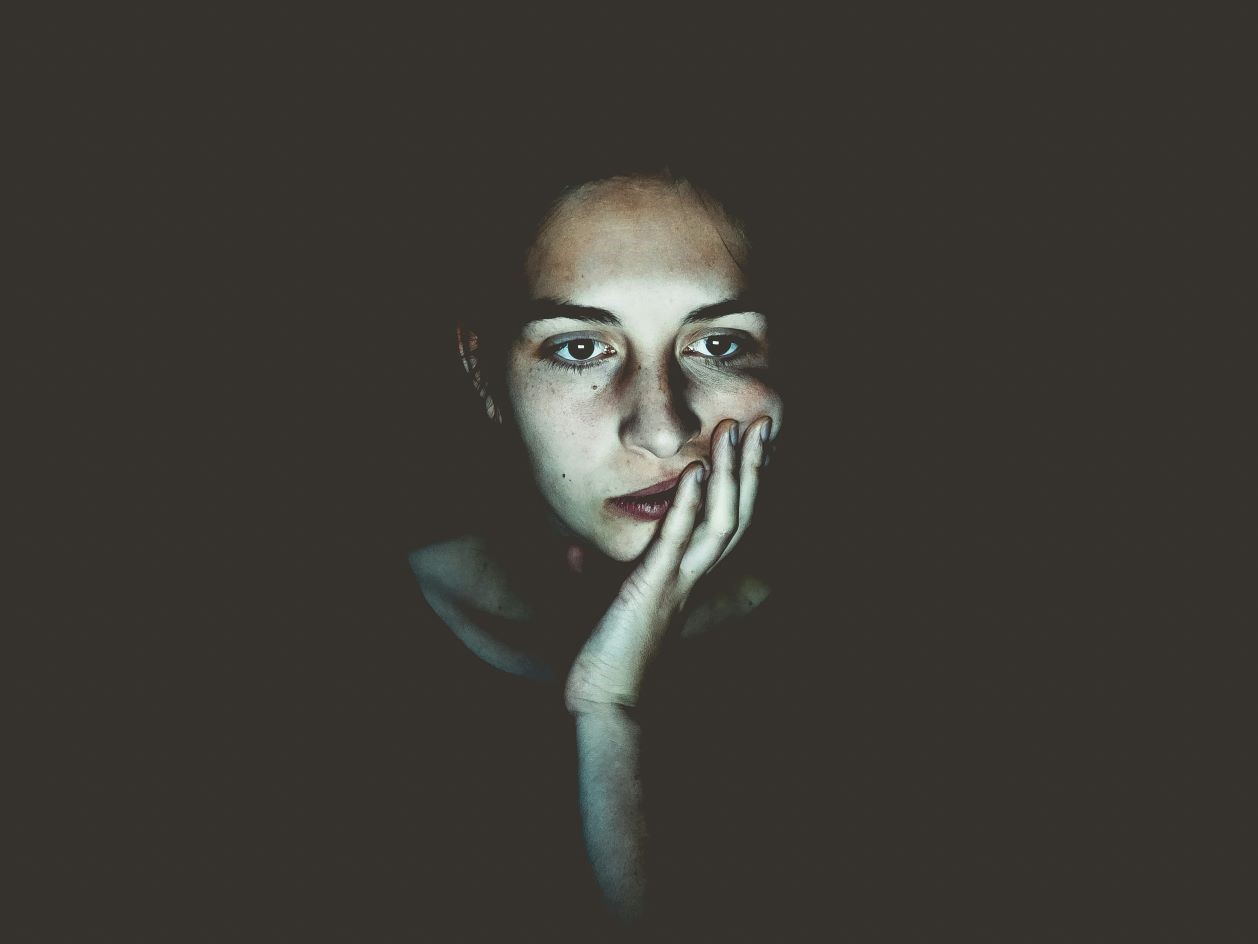Woman protests in Iran, witnesses brutal violence in the streets
This protest extends beyond simply wearing a hijab. We protest for our identities, which the morality police take away in minutes. We remain unsafe while protesting. I have seen women shot dead in front of me. No one knows the real numbers.
- 3 years ago
October 7, 2022
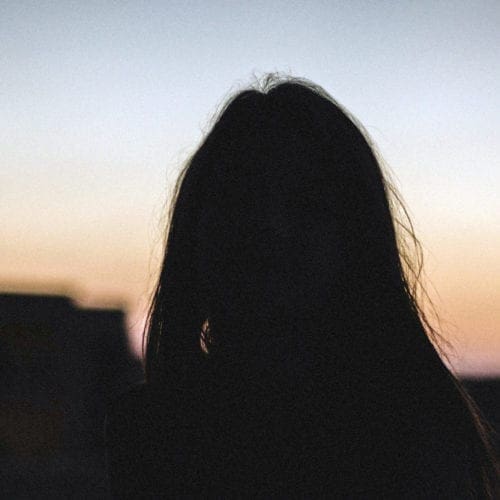
TEHRAN, Iran ꟷ I see outrage in Iran since Mahsa Amini’s death. Women are burning hijabs and cutting their hair short. Having never seen this kind of activism before, I joined the protests, fighting for my self-respect.
I remember making my first sacrifice as a woman when I was 12 years old. My aunt had a makeup kit full of lipstick, foundation, and eye shadow. At the bottom of the box, lay a tiny bottle of nail polish. The plum shade looked beautiful on my nails.
I ran into the house to show my family my shining hands. My aunt rushed behind me, but she was too late. She wanted to remove the nail polish. I did not understand that she had been hiding her makeup kit from everyone. My cousin slapped me and demanded I remove the nail polish immediately. My excitement disappeared. At a young age I learned I had no right to use those products or embrace my own beauty.
Women are toys in Iran
It took me a couple of years to understand the reason my cousin slapped me. I grew up wearing a hijab and felt proud. When I saw women getting arrested and killed for not wearing their hijab or sliding it away from their head, my hijab began to feel like a chain around me.
Earlier in my life, I felt fearful but comfortable. Then, five years ago, a woman shared a picture on social media of herself driving in the hills without her hijab. Authorities detained and killed her. Her father never even spoke to her. She had no right to be free. This baffled me.
I grew up in a similar way and do not blame my family. This is the land we live in. My family does not want to lose me but living without freedom feels worse than dying. Women in Iran often feel like toys or tools for men.
When I see women protesting in the streets, it does not surprise me. They want to rebel. I grew up following the rules set only for women. They deny us every basic human right.
The morality police destroy women’s freedoms
In the last 15 years, everything changed in Iran. Gasht-e Ershad (commonly called the guidance patrol or the morality police) came into being to ruin the little identity and freedom we had. Established in 2005, they ensure compliance with the dress code. Vans of male and female officers deploy in public spaces. They go to shopping centers, subway stations, and busy city squares to detain women who are out of compliance.
We became distressed as they stripped us of any right to wear or do what we want. They capture and torture girls for the smallest thing like wearing sunglasses or nail polish. You cannot put your glasses on top of your head. If you do, they take you into custody and beat you. Iran maintains harsh rules for women.
Now I understand why I could not paint my nails, and why women never apply makeup. We cannot step outside alone and if we do, we must abide by torturous rules. Otherwise, a man must accompany us. A time existed once when women in Iran could wear Western-style outfits – even miniskirts and short-sleeved tops. All of that changed when the late Ayatollah Khomeini came to power.
Now they force us to cover our hair using strict interpretations of Islamic laws on modesty. We cannot wear makeup and must have on knee-length manteaus. Protests occurred then, but nothing happened; nothing changed.
Now, we protest again, and hundreds of girls have died in the last 16 days. Though the morality police vanished, they will come back. We know this.
Women protest in Iran over years of atrocities
It is hard to be a woman in Iran. Fortunately, I married a foreigner who I met in another country. Traveling out of Iran to visit a family member, I fell in love with the idea of living free and never wanted to return to Iran.
My husband’s parents and mine approved our marriage because, while he is from another country, he is also a Shia Muslim. Iranian authorities felt differently. They no longer considered me their citizen. I have to use a Visa to be in Iran. My children do not receive that extension and I cannot even stay in a hotel with my husband.

They consider my marriage illegal because I did not abide by Iranian law. All my life, I lived in this place and still, I have no freedom. The women of Iran do not even know what freedom looks like, but now we want to change things.
We no longer want to live in a cage; we want to practice our rights. Five years ago, a Pushtun girl started the “White Wednesday” movement. Many women died as a result, but every Wednesday, we wear white in solidarity. Today’s protests represent our reaction to all the atrocities we endured for years. We need support to win this battle.
Authorities kill women in the streets of Iran
For many days now, every household in Iran struggles to protect their women because all of us go out on the streets. Some raised their voices through social media, but after a few days, they cut the internet.
This protest extends beyond simply wearing a hijab. We protest for our identities, which the morality police take away in minutes. We remain unsafe while protesting. I have seen women shot dead in front of me. No one knows the real numbers.
Some protesters wear bullet proof clothing so the authorities shoot them in the head. Police and army personnel in the streets beat and arrest us. I try to raise my voice but family is so afraid. My husband asks me to come back to him. I feel scared they will deny people visas when the protests end.
While I may face repercussions, I will stand with the women of Iran. I know what it feels like to live under strict laws which deny your rights. The women here will not stop speaking truth or responding to atrocities.
I fight for my self-respect and to earn my freedom, which I received at birth but they snatched away by the law of the land.

